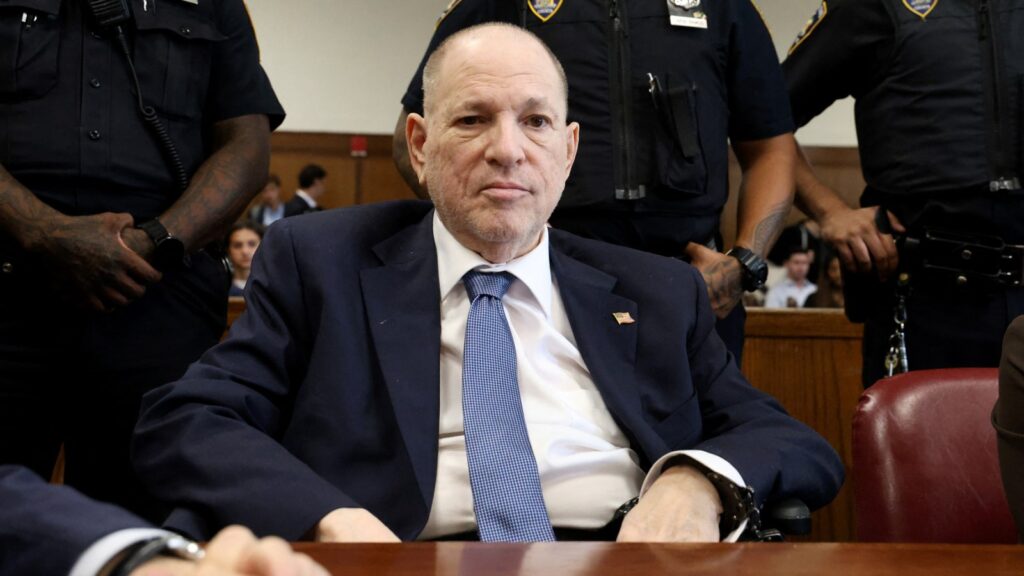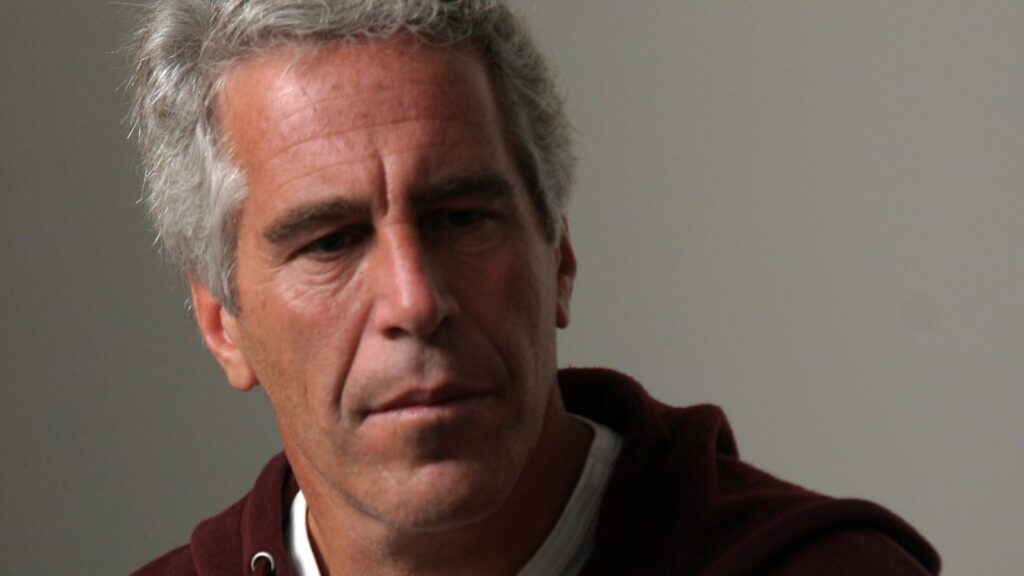Harvey Weinstein Retrial Timeline Set at Court Appearance With Possibility of Additional Charges
Prosecutors are aiming for a November date in the retrial of Harvey Weinsten’s rape case in New York. On Tuesday, the disgraced movie mogul appeared at a Manhattan criminal court for a hearing on discovery and compliance. There, Assistant District Attorney Nicole Blumberg noted that prosecutors are continuing to investigate an alleged “violent matter” with the possibility of presenting additional charges against him during the forthcoming trial, reports the Associated Press.
Blumberg claimed that the investigation into new claims from additional women who have come forward with allegations of assault — believed to be within the statute of limitations — accounts for the delay in prosecutors summoning a grand jury. In May, Blumberg stated that “some people who were not ready to speak out in 2020 now appear ready to do so.”
However, the defense is pushing for the retrial to occur in September. Weinstein’s attorney, Arthur Aidala, cited the diminishing health of Weinstein while advocating for a sooner date, saying the trial needs to “move forward expeditiously.” He stated that Weinstein — who arrived in the courtroom in a wheelchair — is “suffering tremendously under his current environment” and cited a letter from a doctor stating that he is suffering from fluid in his heart and lungs, spinal stenosis, and diabetes-related complications, among other conditions.
Blumberg maintained that the timeline is reflective of the process required to properly access the claims being brought forward. “There were a number of women who came forward to indicate that they were raped by the defendant,” she stated, according to The Hollywood Reporter. Prosecutors are currently working through multiple cases to determine where they fall within the statute of limitations. Weinstein, prosecutors, and the defense are scheduled to appear in court on July 19.
Weinstein was initially found guilty of criminal sexual assault in the first degree and rape in the third degree at the original trial in February 2020. He was sentenced to 23 years in prison based on testimonies from Miriam Haley and Jessica Mann, who were present in the court gallery on Tuesday. Weinstein was also acquitted on three other charges.
The conviction was overturned in April 2024 by the New York State Court of Appeals. In a 77-page decision, the majority of judges decided that the judge who oversaw Weinstein’s trial, Justice James M. Burke, should not have allowed prosecutors to let accusers whose allegations were not part of the charges against him to testify in the trial.
“We will do everything in our power to retry this case, and remain steadfast in our commitment to survivors of sexual assault,” a rep for the district attorney told the New York Times at the time of the overturning.





